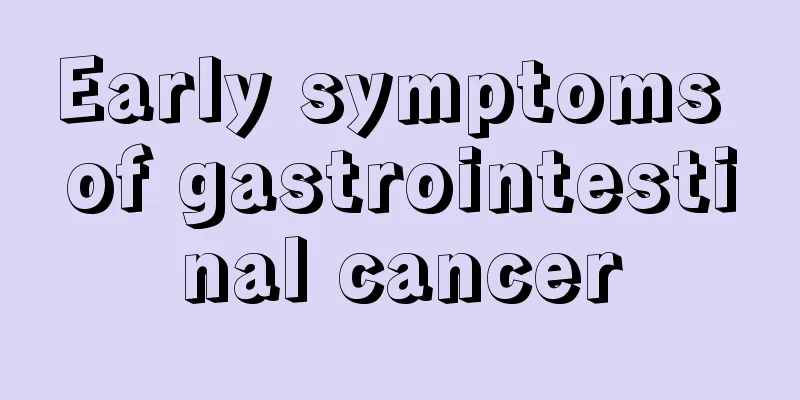What are the contraindications for gastric stump cancer surgery

|
Gastric remnant cancer can occur in the remnant stomach after subtotal gastrectomy or in the entire stomach after simple gastrointestinal anastomosis, simple perforation repair or vagus nerve section. It is generally believed to be limited to gastric cancer that occurs after surgery for non-cancerous gastric lesions. If the surgery is performed due to malignant lesions, it should refer to gastric cancer that occurs more than 20 years after the surgery. The most common site of gastric remnant cancer is the anastomosis, but it can also diffusely occur in the entire gastric remnant. The dietary taboos for gastric remnant cancer surgery are as follows. ① Chew slowly: Food in the mouth stimulates the secretion of saliva (which contains enzymes that are beneficial to the digestion of sugars). Chewing carefully can make food particles smaller, and the saliva and food are fully mixed, replacing part of the stomach function. Slow swallowing means swallowing slowly and taking a long time between swallowing to prevent dumping syndrome such as panic and dizziness after swallowing a large amount of food quickly. ② Eat small meals frequently: The capacity of the residual stomach or the connected intestinal segment after surgery cannot be compared with that before, and the body needs a long time to adapt to this change. Clinical experience shows that it takes at least 8-10 months to return to a normal diet of three meals a day. Start eating 5-8 times a day. Each time is 50-100 grams. According to the patient's tolerance (no abdominal distension and discomfort means good tolerance), gradually increase the amount of intake and reduce the number of meals. Due to individual differences, the adaptation process is different. ③Diversified diet: The variety of food can be selected according to the patient's dietary preferences and habits, but attention should be paid to eating as much nutritious, easy-to-digest high-protein, high-vitamin food as possible. For example, fish, eggs, fresh vegetables, fruits (preferably juiced and drunk), etc. Pay attention to iron supplementation, because after gastrectomy, the effect of gastric acid on iron is lost (turning trivalent iron into divalent iron), causing absorption disorders. You can take some iron supplements orally under the guidance of a doctor, use an iron pot in daily life, and eat more iron-rich foods, such as animal liver, spinach, bean products, etc. Drinking some yogurt is also beneficial. ④ Take some medicines after meals as prescribed by your doctor, such as digestive medicine, vitamin B12, folic acid, etc., which will help digestion and absorption and prevent anemia. |
<<: Health care guidance for gastric cancer patients
>>: What should you pay attention to in your diet for gastric cancer
Recommend
Black spots on the body like moles
If you have a lot of small black spots like moles...
What are the main complications of advanced lung cancer?
What are the main complications of advanced lung ...
Can I use the enema after it expires?
If defecation is difficult, enema is generally us...
What to do if hemorrhoids get bigger
Hemorrhoids are a disease that occurs in the anal...
What are the symptoms of progesterone deficiency?
Progesterone deficiency is an abnormal phenomenon...
Feeling blocked in esophagus after eating
Many people always feel uncomfortable and blocked...
What is the difference between apocynum and apocynum tea
Luobu Ma tea is made from Luobu Ma leaves. If the...
Is bronchiectasis serious?
The problem of bronchiectasis is indeed quite ser...
Arthroscopic knee surgery
As people get older, their joints will develop ar...
The neck is allergic, red and itchy. There are ways to treat skin allergies
Allergies, redness and itching on the neck are al...
The harm of winter melon candy
Many places make winter melon candy for sale. Esp...
Is mediastinal cystic teratoma likely to be malignant?
The malignancy rate of mediastinal cystic teratom...
What medicine is used for brain metastasis of lung cancer? These three types of medicines can be used
Lung cancer brain metastasis is a common occurren...
The first "Bladder Cancer Alliance" draws attention to a comprehensive analysis of bladder cancer
With the development of society and the improveme...
What is the effect of boiling camphor wood water
Many friends often use camphor wood to boil water...









